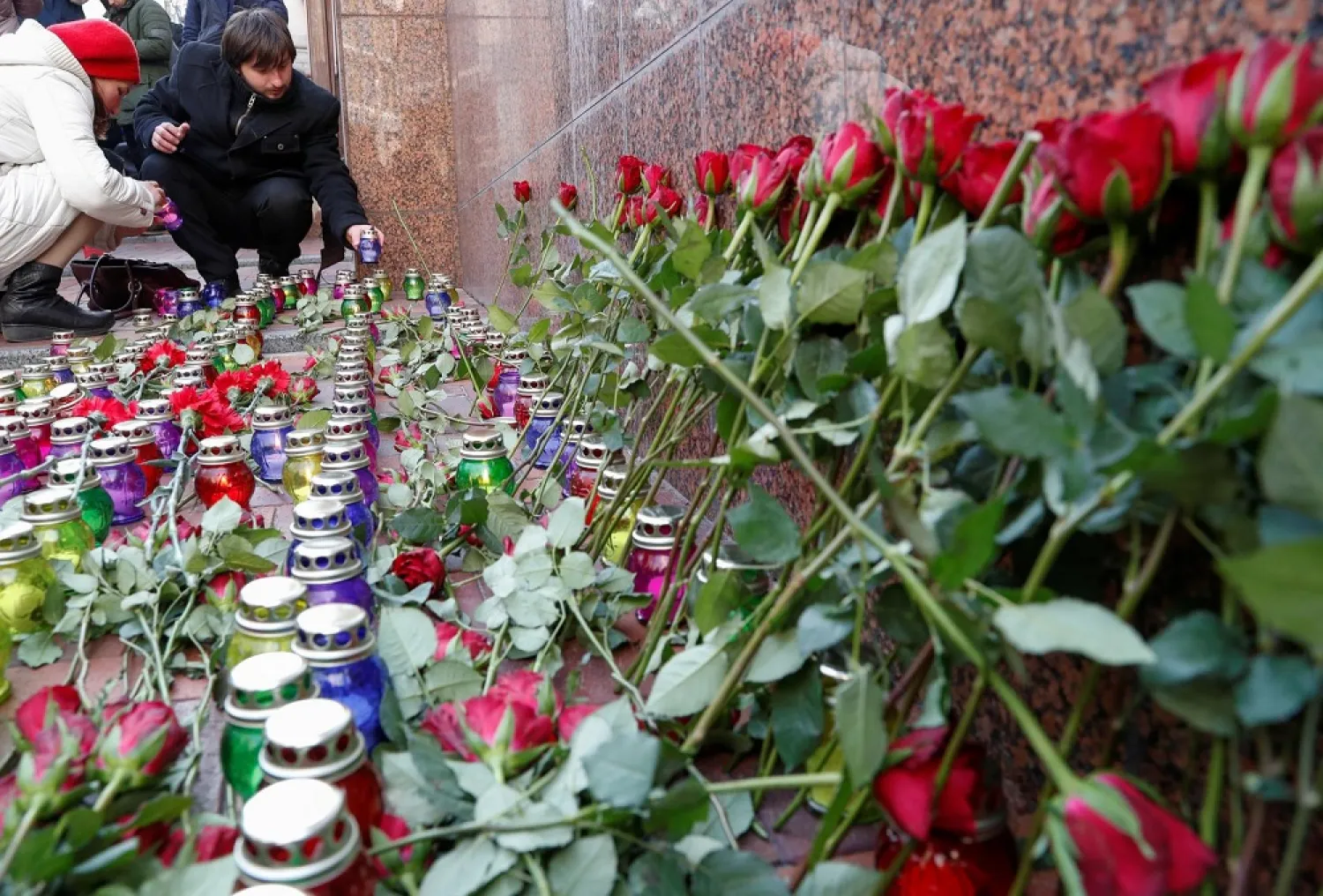Iran is not conducting its probe into the downing of a civilian airliner in January properly and many questions remain unanswered, an independent Canadian report into the tragedy said on Tuesday.
The 79-page document is the latest expression of frustration from Western nations into how Tehran is handling the aftermath of a disaster that claimed 176 lives.
Iran’s Revolutionary Guards say they accidentally shot down the Ukraine International Airlines plane shortly after takeoff, mistaking it for a missile when tensions with the United States were high. Many of the victims were Canadian citizens or permanent residents.
Former Canadian cabinet minister Ralph Goodale, charged with helping the victims’ families and examining how to deal with similar disasters in future, said “many of the key details of this horrific event” remain unknown.
“Iran bears responsibility for that because ... it has not conducted its investigations (safety, criminal or otherwise) in a truly independent, objective and transparent manner, and answers to critical questions” are absent, he wrote in the report.
Last month, a governing panel at the United Nations’ aviation agency urged Iran to accelerate the investigation. Later in November, Ukraine said Iran was dragging its feet.
In the hours before the disaster, Iran had fired missiles at US bases in Iraq. Five days earlier, Washington had killed top Revolutionary Guards commander Qassem Soleimani with a drone strike in Iraq.
Goodale said Iran needed to explain how it had assessed the risks to civilian aircraft in its airspace and what it had told operators. He also said Tehran had to reveal why it had left the airspace open and also why exactly the Guards had decided to down the plane.
Canada, working with other nations who lost citizens, is pressing Iran for reparations while “seeking a full and candid accounting of what exactly happened” and a formal apology, Goodale said.









